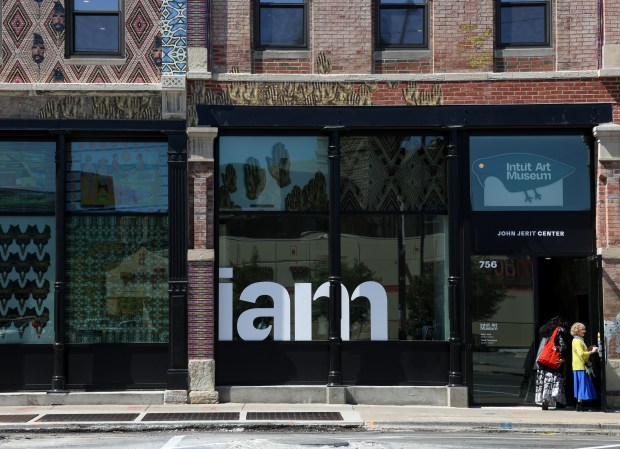Last month, at age 70, I graduated from the University of Chicago. Well, sort of. I earned a certificate for completing a three-quarter, in-person course called the Leadership & Society Initiative. I spent my life with 19 strangers — some retired, some on the glide path to it — who wanted to reexamine their lives and their world to find meaning and purpose. Harvard, Stanford and Notre Dame have similar courses, and they are all growing in popularity every year. Every graduate I’ve talked to claims it was a life-changer. It was for me, too.
Going back to school was a powerful rebuke to ageism — to all the stereotypes about “old” people that creep into our language and thinking. We have the vision, the drive and the skills to not only change our own lives, but also to help bring meaningful change for the generations to come. Seats on corporate or social sector boards are fine, but we can do more to address societal problems with skills, energy and passion.
The only thing we don’t have is infinite amounts of time. Nobody does.
My classmates and I completed more than 250 hours of graduate-level coursework that opened up our minds and challenged our preconceived notions about ourselves and the world. We read the writings of ancient philosophers, radical proposals for changes to the philanthropic sector and dense academic research on virtually everything and learned about global security threats. We listened to a Nobel laureate in economics, who had a sly sense of humor and indecipherable charts, and a professor who went undercover in hostess bars in Vietnam to understand the murky world between legal and illegal flows of funds.
We graduated with ambitious projects that we created. They address small pieces of intractable issues, often using technology or focused on children. We will be re-imagining education, literacy, health care, work skills and employment, food insecurity, retirement, the relationship between wealthy universities and the poor neighborhoods that surround them and the funding mechanism for anti-violence programs. Now, with time and perspective, we are fully committed to designing and leading change in the sector of our choosing.
This is not a competition between us retirees and Gen Zers for jobs. Instead, we want to use our superpowers for good — we have hard-won wisdom and experience, executive and managerial skills, and strategy. We have the luxury of time and resources to get things done — it’s tough to change the world when you also have a day job.
Boomers have power. Our voting demographic is as large as 18- to 27-year-olds, but we show up and vote more consistently. Boomers have wealth that is expected to transfer more than $70 trillion in the next 20 years to Gen Xers, millennials and Gen Zers. Billions more will be given to charity, a powerful economic infusion of resources independent of government control.
Some boomers tend to play the short game: Why should I care about public education? I haven’t had a kid in school for decades. Why should I worry about health care? I have Medicare. Why should I worry about climate change? I’ll be dead.
But then there’s the long game — creating a legacy that paves the way for another “greatest generation” and not the one in which we have trashed it all by caring just for ourselves and just in the moment.
As a country, we find ourselves dividing into more and more factions, often ridiculing each other based on stereotypes, making up some memes and snappy names and watching the fun begin.
This is stupid. Whenever we ridicule a group or diminish them, we intensify tribalism — to our detriment. We also forget that such behavior can come back around with unintended consequences.
But generations do not need to be at odds. As my classmates listened and learned from 20-somethings, we emerged energized and ready to do that in real life. Together, we absolutely can get big things done.
Two things I’ve learned: First, if you’re retired or approaching it and thinking of taking a big leap to find new purpose, have no fear of failure, except failing to try. There’s no human resources department for retirees: no educational benefits, no paid leave, no sabbaticals. If we want something life-changing, that’s on us.
And I’ve also learned that ageism is a bias against your future self. Everyone is aging, and nobody is getting younger. It happens faster than you think. Beware.
Elizabeth Heller Allen just completed the Leadership & Society Initiative course, plus nine months of graduate school attending classes with 20- and 30-year-olds. She is also a graduate of Northwestern University’s Medill School of Journalism.
Submit a letter, of no more than 400 words, to the editor here or email letters@chicagotribune.com.




